Moscow, a city of historic grandeur and modern vibrancy, is increasingly welcoming to travelers with disabilities, offering accessible attractions, transportation, and accommodations. While challenges remain, thoughtful planning and resources like the Moscow CityPass make navigating the city more manageable. The pass provides Troika card transport perks and a digital guide to accessible sites, enhancing your experience. Therefore, this guide shares essential accessible Moscow tips for travelers with disabilities in 2025, ensuring a smoother and inclusive adventure.
Why Moscow for Accessible Travel?
Moscow’s efforts to create a barrier-free environment make it a viable destination for accessible tourism. From ramps at cultural sites to modernized public transport, the city is progressing toward inclusivity. The Moscow CityPass simplifies exploration, covering metro access and listing accessible venues like Gorky Park. For instance, its app helps plan routes to wheelchair-friendly attractions, ensuring you maximize your visit.
Because Moscow blends accessibility improvements with its rich heritage, it offers unique experiences for travelers with disabilities. Thus, the pass and advance planning unlock the city’s potential for all visitors.
Accessibility at Key Attractions
Vörös tér és a Kreml
Red Square is largely wheelchair-accessible with smooth paving, though some areas have uneven cobblestones. The Kremlin offers limited access; the Armory Chamber has ramps, but cathedrals involve stairs. Tipp: Contact the Kremlin in advance (kreml.ru) to arrange assistance; use pass discounts for entry. Hozzáférés: Ploshchad Revolyutsii metro (Troika card via pass). Órák: 10 AM–5 PM, closed Thursdays. Költség: ~700 RUB.
Gorkij Park
Gorky Park’s 2011 renovation added smooth pathways, ramps, and accessible restrooms, making it a top accessible Moscow tip for travelers with disabilities. Enjoy river views, cafes, and green spaces. Tipp: Use pass discounts at cafes; check park-gorkogo.ru/eng for events. Hozzáférés: Park Kultury metro (Troika card via pass). Órák: 24/7. Költség: Free.
Bolsoj Színház
The Bolshoi is wheelchair-accessible, with spaces for six wheelchairs at the Historic Stage and two at the New Stage. Book tickets early via bolshoi.ru, as English-speaking staff may be limited. Tipp: Have your hotel concierge reserve accessible seats; use pass discounts. Hozzáférés: Teatralnaya metro (Troika card via pass). Órák: Varies by performance. Költség: ~2,000 RUB.
Museum of Moscow
This museum is well-equipped for wheelchair users with ramps and elevators, offering exhibits on the city’s history. Tipp: Contact museum.mos.ru for guided tours; use pass discounts. Hozzáférés: Park Kultury metro (Troika card via pass). Órák: Tuesday–Sunday, 10 AM–8 PM. Költség: ~400 RUB.
Accessible Transportation
Metró
The Moscow Metro is challenging for wheelchair users, as most stations lack elevators, and platforms may have gaps up to 6 inches. Only a few stations, like Novokosino, have lifts. Tipp: Avoid the metro; use buses instead. Check mosmetro.ru for updates on accessible stations.
Buses and Trolleybuses
About 90% of buses and 70% of trolleybuses have low floors and ramps, marked with the international wheelchair symbol. Drivers assist with ramp deployment, and rides are free for wheelchair users. Tipp: Flag down buses to ensure ramp access; use the Troika card (300-500 RUB) for companions.
Aeroexpress Trains
Aeroexpress trains connect Sheremetyevo (SVO), Domodedovo (DME), and Vnukovo (VKO) airports to city stations in 30-45 minutes. They offer step-free access with staff assistance. Tipp: Book via aeroexpress.ru; request help in advance. Költség: ~500 RUB, pass covers Troika card top-ups.
Taxis
Invataxi (+7 495 580-60-64) provides wheelchair-accessible vehicles and English-speaking drivers, starting at ~1,200 RUB. The city’s social taxi service (zakaz.ssp@mosgortrans.ru) is another option. Tipp: Book taxis 24 hours ahead; confirm hoist availability if needed.
Accessible Accommodations
Modern Moscow hotels, like the Radisson Royal Hotel, offer spacious rooms, wide corridors, and accessible bathrooms for wheelchair users. Many provide parking close to entrances. Tipp: Call hotels directly to confirm facilities (e.g., shower rails); book via booking.com for reviews. Check accorhotels.com or marriott.com for accessible chains. Költség: ~5,000-15,000 RUB/night.
Practical Tips for Accessible Travel
- Tervezzen előre: Contact attractions like the Bolshoi or Kremlin in advance to arrange ramps or escorts. Use the Moscow CityPass app to check accessibility and book tours. Email venues if websites lack English details.
- Use Accessible Tours: Companies like Liberty Ltd (accessiblerussia.com) offer tailored wheelchair-accessible tours since 2004, covering Red Square and beyond. Invataxi provides guided English tours. Költség: ~3,000-5,000 RUB.
- Navigate with Care: Moscow’s sidewalks are improving, with 55% of central zones wheelchair-friendly, but uneven surfaces persist. Allow extra travel time and ask locals for help—they’re often hospitable despite language barriers.
- Repülőterek: SVO, DME, and VKO offer special services like loaner wheelchairs. Request assistance via airline websites 48 hours before flights. Gate-checking wheelchairs is possible at SVO; insist if staff resist. Tipp: Arrive 2 hours early.
- Bring Essentials: Pack a translation app (e.g., Google Translate) for Cyrillic signs, extra medication in carry-ons, and a medical alert card. Carry cash (~1,000 RUB) for small vendors.
- Weather and Timing: Spring (May-June) and autumn (September-October) offer mild weather for mobility. Winter snow can hinder wheelchair access; pack warm layers.
- Resources: Consult wheelchairtravel.org for detailed guides or mos.ru for city accessibility updates. The UNWTO’s “Accessible Tourism for All” initiative supports Moscow’s efforts.
Challenges to Anticipate
Moscow’s accessibility is improving, but challenges remain. The metro is largely inaccessible, and some attractions like St. Basil’s Cathedral have stairs without ramps due to historical preservation. Rural areas beyond the city center lack infrastructure. Tipp: Stick to central Moscow, use buses, and book accessible hotels. Be patient with staff, as disability awareness varies.
Conclusion: Embrace Accessible Moscow
With careful planning, Moscow offers rewarding experiences for travelers with disabilities. From Gorky Park’s smooth paths to the Bolshoi’s wheelchair spaces, the city’s cultural riches are increasingly inclusive. The Moscow CityPass streamlines your journey with transport perks and accessibility insights, ensuring you focus on the adventure. Therefore, use these accessible Moscow tips for travelers with disabilities, grab your pass, and explore the capital’s charm in 2025.

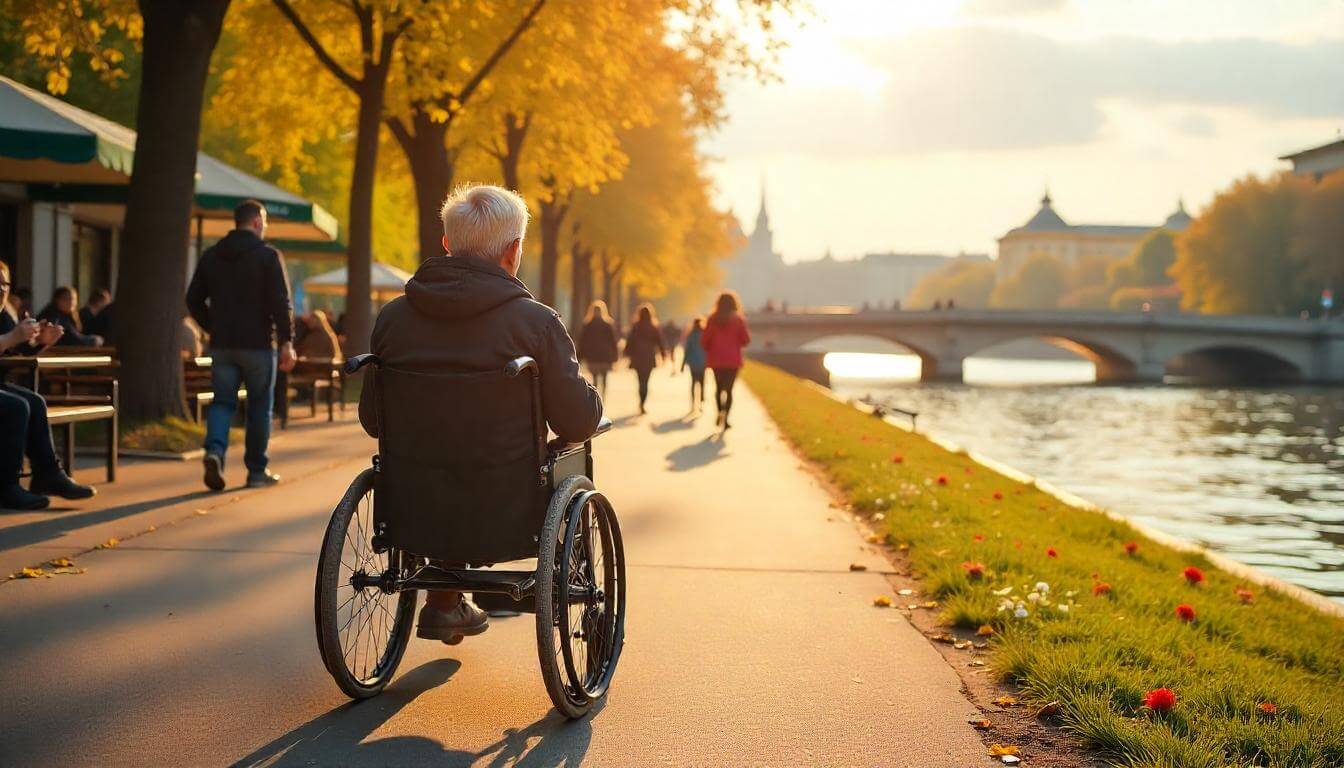 Accessible Moscow: Tips for Travelers with Disabilities in 2025">
Accessible Moscow: Tips for Travelers with Disabilities in 2025">

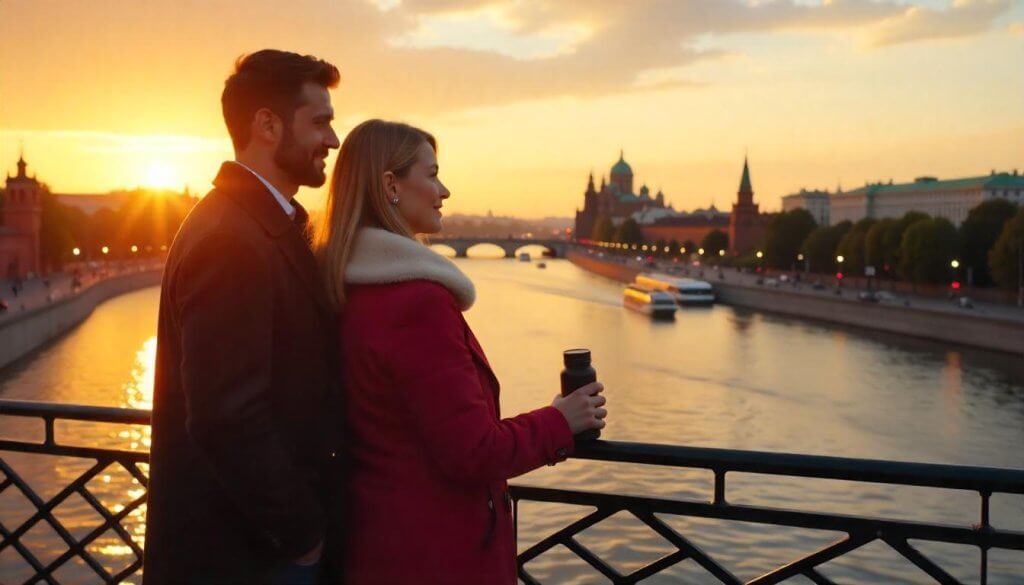 Moscow’s Best Panoramic Views and Rooftop Spots in 2025">
Moscow’s Best Panoramic Views and Rooftop Spots in 2025">
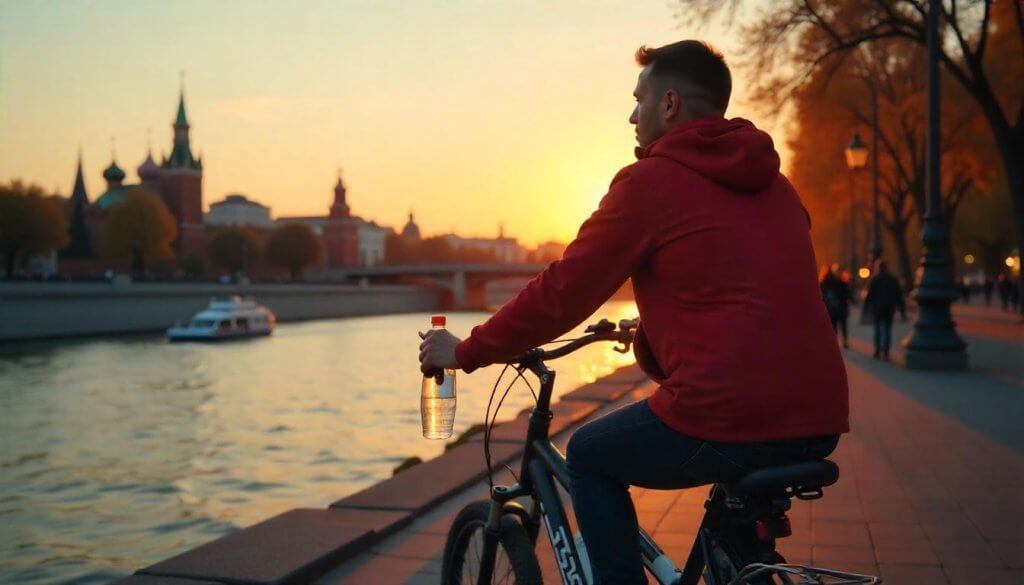 Fenntartható turizmus Moszkvában: Környezetbarát utazási tippek 2025-re">
Fenntartható turizmus Moszkvában: Környezetbarát utazási tippek 2025-re">
 Moszkva a történelemrajongóknak: Látnivalók és történetek a járt útról letérve 2025-ben">
Moszkva a történelemrajongóknak: Látnivalók és történetek a járt útról letérve 2025-ben">
 Romantikus élmények Moszkvában pároknak 2025-ben">
Romantikus élmények Moszkvában pároknak 2025-ben">
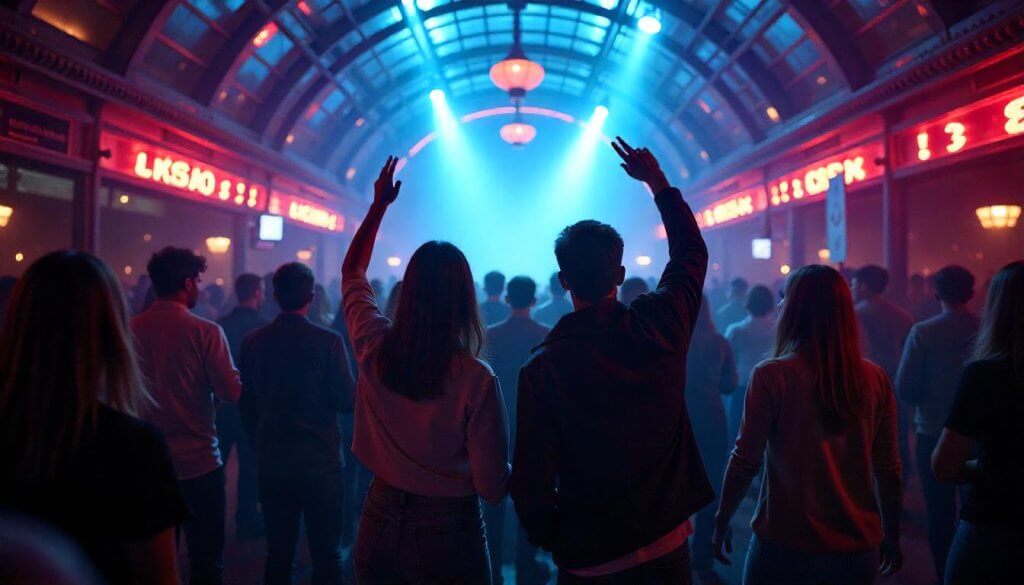 Moszkvai éjszakai élet: Bárok, klubok és élő zene 2025-ben">
Moszkvai éjszakai élet: Bárok, klubok és élő zene 2025-ben">
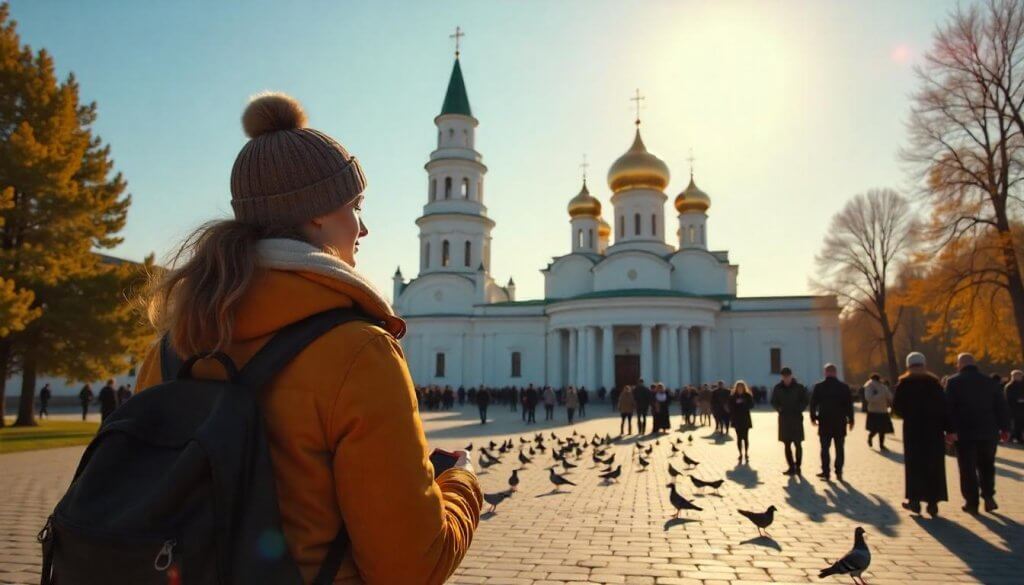 Best Day Trips from Moscow: Exploring the Surrounding Region in 2025">
Best Day Trips from Moscow: Exploring the Surrounding Region in 2025">
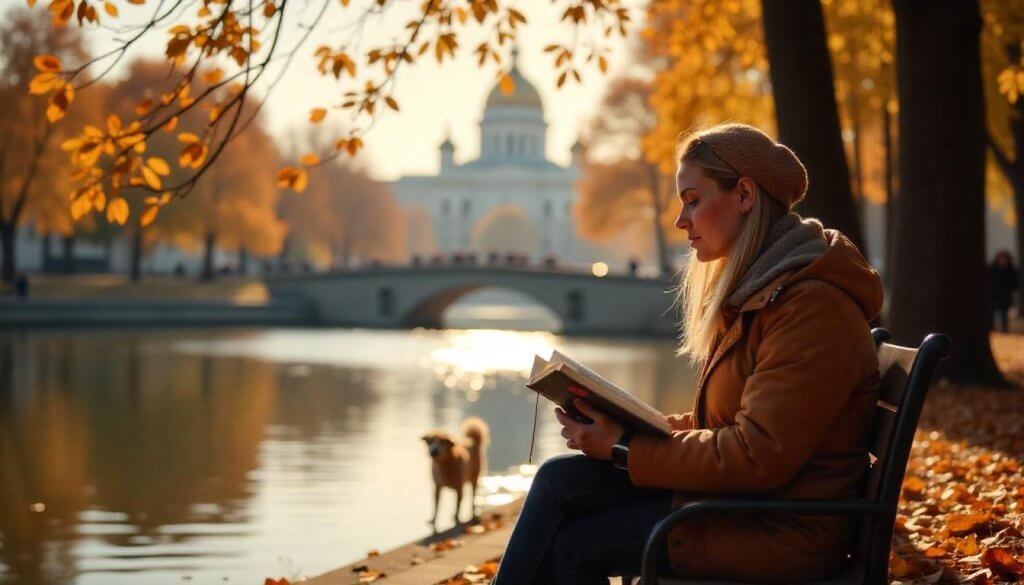 Hogyan élheted át Moszkvát úgy, mint egy helyi lakos 2025-ben?">
Hogyan élheted át Moszkvát úgy, mint egy helyi lakos 2025-ben?">
 Moszkvai Szezonális Események és Fesztiválok 2025-ben">
Moszkvai Szezonális Események és Fesztiválok 2025-ben">
 Exploring Moscow’s Parks and Outdoor Spaces in 2025">
Exploring Moscow’s Parks and Outdoor Spaces in 2025">
 Family-Friendly Activities in Moscow for All Ages in 2025">
Family-Friendly Activities in Moscow for All Ages in 2025">